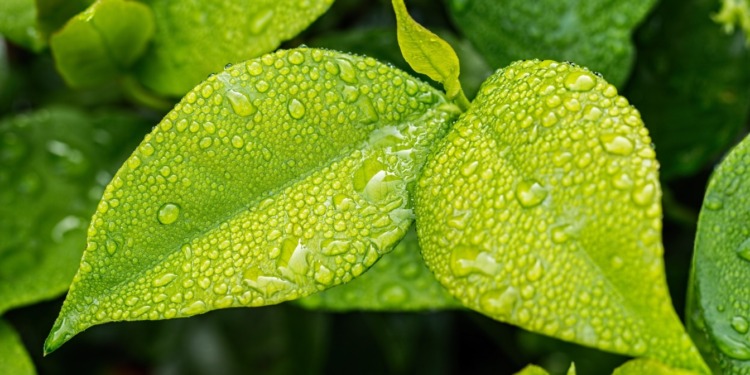Research conducted by scientists at Tel Aviv University, published on March 30 in the scientific journal, Cell, found that plants emit specific, distinct sounds when put in stressful situations.
The study was conducted primarily on tomato and tobacco plants in an acoustic chamber and a greenhouse after being subjected to different treatments.
The experiment included drought-stressed and cut plants, as well as controls, and while the plants’ physiological state was monitored, the ultrasonic airborne sounds they emitted were recorded and fed into a machine learning algorithm.
After multiple experiments, the algorithm was able to distinguish what state of distress the plants were in based solely on the noises they produced. For example, a plant that is only mildly stressed may produce a different frequency of ultrasonic sound than a plant that is severely dehydrated, say the scientists behind the study.
Professor Lilach Hadany, the evolutionary biologist and theoretician at Tel Aviv University who led the study, has said that:
“When these plants are in good shape, they produce less than one sound per hour, but when stressed they emit many more, sometimes 30 to 50 per hour.”
This research suggests that the plant kingdom may not be as silent as we first thought it to be, according to an independent expert.
The noises emitted by plants are extremely high-pitched and inaudible to humans; explaining why we can’t hear a thirsty plant asking for water. The ultrasonic sounds range from about 20 to 100 kilohertz.
Ultrasonic sounds are typically produced by the rapid movement of air molecules and are often associated with animals such as bats and dolphins. However, recent research has shown that plants can also produce such sounds in response to stress.
The researchers took several samples of the plant sounds, compiled them in a small time frame, and changed the frequency to render them audible to human ears.
Hadany says that it’s not singing, but “a bit like popcorn — very short clicks.”
Related Articles: UN Report Details Actions to Minimize Negative Impacts of Pesticides | Why We Should Not Reuse Plastic Water Bottles | How to Reclaim Our Planet: The Promise of Hemp, Symbiosis and Sustainability
The research doesn’t show conclusive results regarding where the sounds are emitted from, but the authors suspect the noises to come from the cavitation process. Cavitation is a phenomenon that occurs in plants when air bubbles form within the water-conducting tissues (xylem) of a dehydrated plant.
The research took over six years, additionally diversifying away from the tomato and tobacco plants by also conducting a “small survey” of grapevines, wheat, corn and cacti.
The artificial iItelligence (AI) algorithm that recognised the plant’s popping sounds and associated them with a cause of stress was not 100% accurate, but it still demonstrated that the sounds contained information that might be useful to other organisms and the environment, according to the researchers.
There isn’t any evidence that the sounds emitted by plants are part of an attempt to communicate with the outside world, any more than when a log crackles on fire when burning.
However, the sceintists behind the research believe it is possible that the noises are used by other creatures as signals, affecting insects’ decisions on which plant to feed or where to lay eggs.
Carlos Vicient, a researcher at the Centre for Research in Agricultural Genomics in Barcelona, found that plants surrounded by loud sounds for hours makes them more resistant to drought. However, he was sceptical that plants would use ultrasonic sounds as a communication system.
“It seems much more probable that if such communication exists, it is carried out through the emission of volatile substances. The fact that a plant emits sounds does not mean that it is communicating with its congeners. Any system of pipes that transports a fluid generates sounds and that does not mean that a water pipe is trying to communicate with anyone.”
Even though the study wasn’t 100% accurate and is just the tip of the iceberg of our understanding of the vegetal world, it is still a critical step in progressing research within this field and may have a significant impact on agriculture.
Editor’s Note: The opinions expressed here by the authors are their own, not those of Impakter.com — In the Featured Photo: Green Leaf. Featured Photo Credit: Steve Buissinne.










